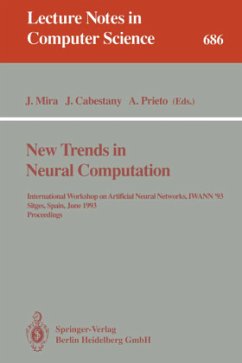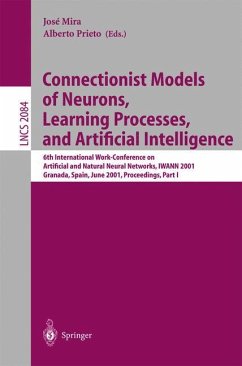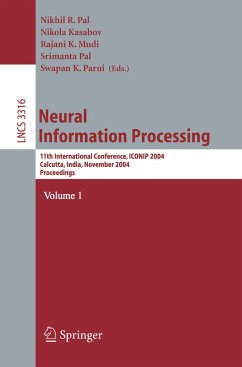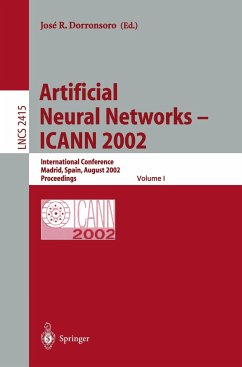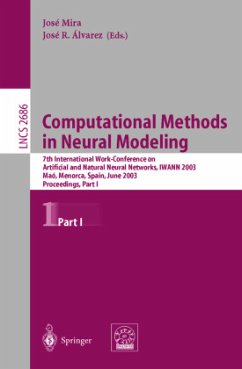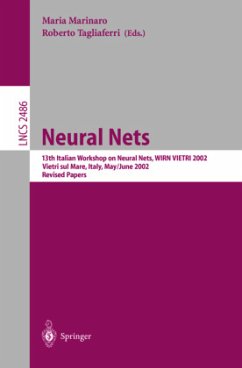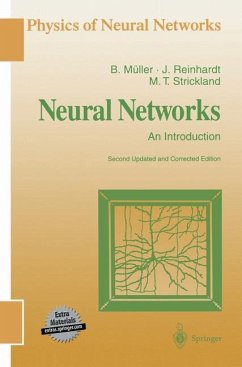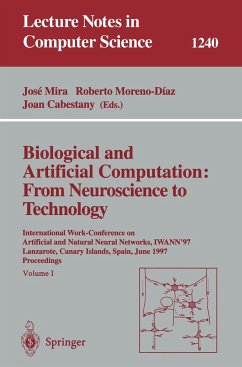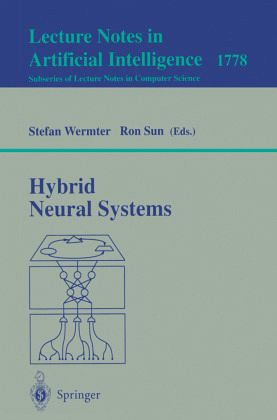
Hybrid Neural Systems

PAYBACK Punkte
39 °P sammeln!
Hybrid neural systems are computational systems which are based mainly on artificial neural networks and allow for symbolic interpretation or interaction with symbolic components. This book is derived from a workshop held during the NIPS'98 in Denver, Colorado, USA, and competently reflects the state of the art of research and development in hybrid neural systems.The 26 revised full papers presented together with an introductory overview by the volume editors have been through a twofold process of careful reviewing and revision. The papers are organized in the following topical sections: struc...
Hybrid neural systems are computational systems which are based mainly on artificial neural networks and allow for symbolic interpretation or interaction with symbolic components. This book is derived from a workshop held during the NIPS'98 in Denver, Colorado, USA, and competently reflects the state of the art of research and development in hybrid neural systems.
The 26 revised full papers presented together with an introductory overview by the volume editors have been through a twofold process of careful reviewing and revision. The papers are organized in the following topical sections: structured connectionism and rule representation; distributed neural architectures and language processing; transformation and explanation; robotics, vision, and cognitive approaches.
The 26 revised full papers presented together with an introductory overview by the volume editors have been through a twofold process of careful reviewing and revision. The papers are organized in the following topical sections: structured connectionism and rule representation; distributed neural architectures and language processing; transformation and explanation; robotics, vision, and cognitive approaches.





